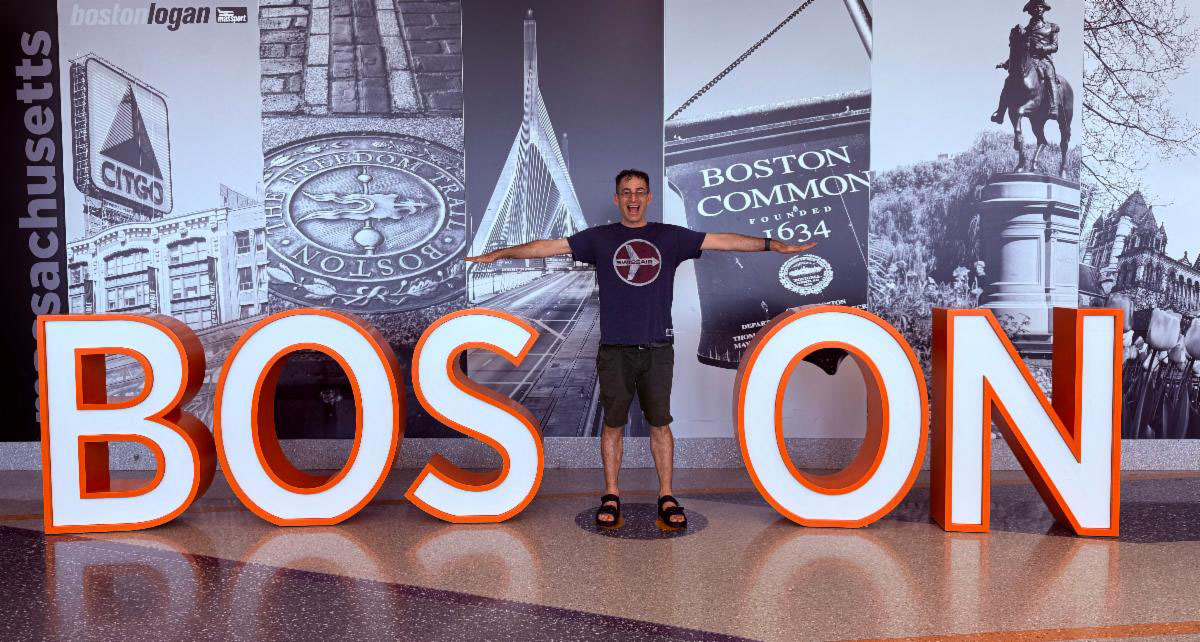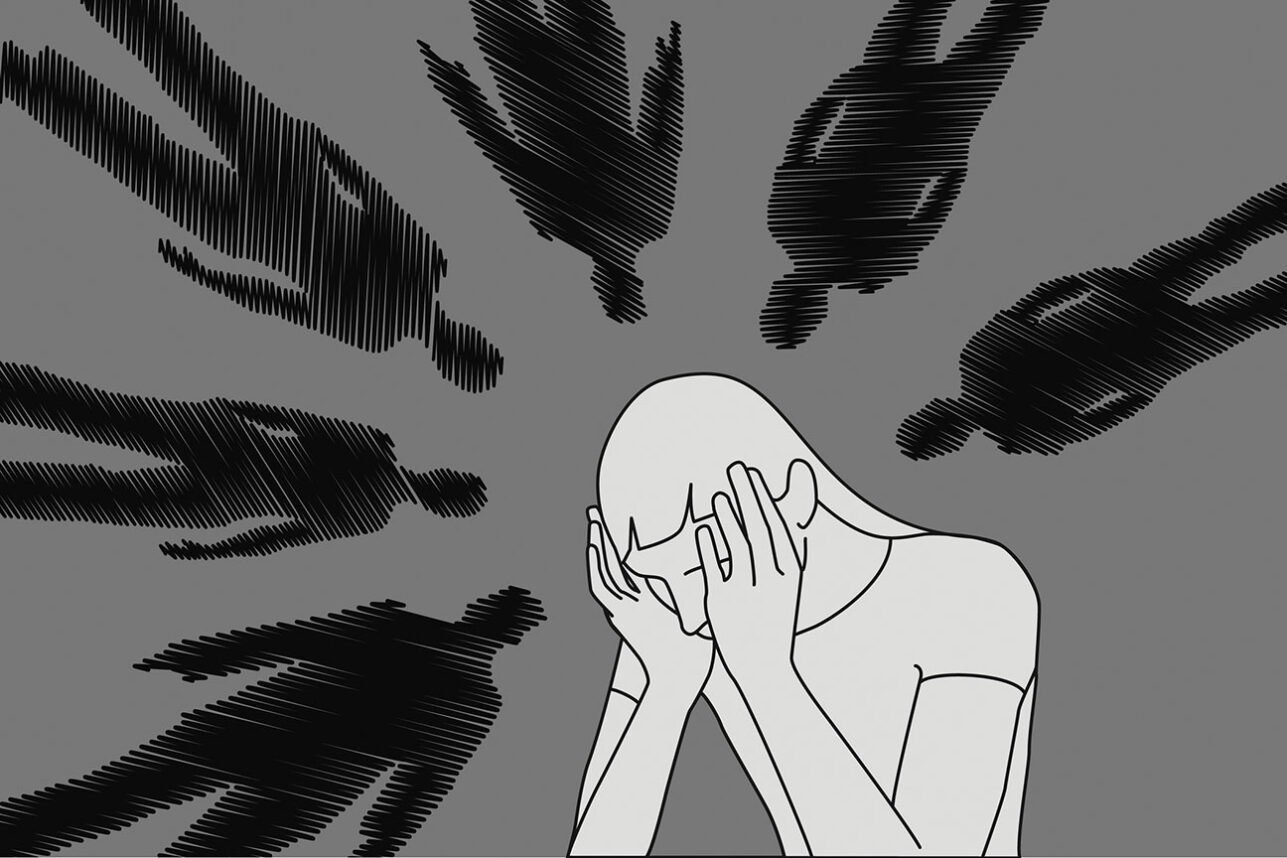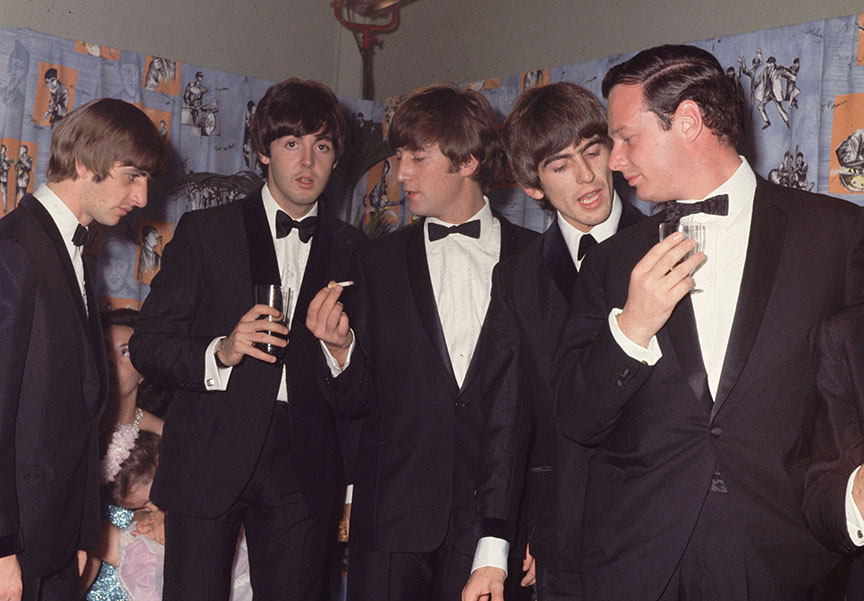If you don’t know who Louis Zamperini is, you should — and you will.
The 96-year-old Southern California native is most notably a former Olympic athlete and World War II Air Force veteran. But those titles barely scratch the surface of his remarkable legacy, as detailed in Laura Hillenbrand’s bestselling book “Unbroken: A World War II Story of Survival, Resilience, and Redemption,” soon to be a movie directed by Angelina Jolie. While Zamperini’s professional achievements are no small feat, his most remarkable skill is his talent for survival.
A brief explanation: After surviving a plane crash in the Central Pacific seas that left 9 comrades dead, Zamperini endured an additional 47 days adrift. For three men? One raft. Scant food or water. And the additional unwanted presence of a ravenous shark. When Zamperini and his one surviving mate finally floated upon shore, the Japanese army promptly arrested them, and then beat and starved them for another two and half years. The War Department reported to Zamperini’s family that he had died; and for all intents and purposes, he had.
 Last night Zamperini appeared in conversation at Sinai Temple, recounting his astonishing life and excruciating ordeals with breezy aplomb and humor. On what he learned from his experience as a prisoner of war: “It prepared me for 55 years of marriage,” he quipped. Zamperini also answered audience questions, ranging from the serious (“What quality enabled you to survive when others didn’t?”) to the silly (“What food did you most crave in captivity?”). And since Adolf Hitler famously requested to meet with him after he performed well in the 1936 Berlin Olympics, one woman wondered: What were his impressions of the mass-murdering tyrant?
Last night Zamperini appeared in conversation at Sinai Temple, recounting his astonishing life and excruciating ordeals with breezy aplomb and humor. On what he learned from his experience as a prisoner of war: “It prepared me for 55 years of marriage,” he quipped. Zamperini also answered audience questions, ranging from the serious (“What quality enabled you to survive when others didn’t?”) to the silly (“What food did you most crave in captivity?”). And since Adolf Hitler famously requested to meet with him after he performed well in the 1936 Berlin Olympics, one woman wondered: What were his impressions of the mass-murdering tyrant?
“If he came to Hollywood, he’d put Laurel and Hardy out of business,” Zamperini said.
Zamperini has an obvious penchant for portraying his life story as a comedy of errors, perhaps as a way of avoiding emotional discomfort or vulnerability. He offered several anecdotes about his return to a U.S. military base, and how, despite all he’d been through, he was absurdly denied simple pleasures like extra clothing or a snack. When a bank executive, for example, suggested he request a military travel disbursement for the time he spent on the raft, Zamperini hammily recalled the letter from Washington rejecting him: “Travel unauthorized,” it said.
If Zamperini wasn’t around to tell his tale, or if Hillenbrand hadn’t had the wish to write it, Zamperini’s story could easily be dismissed as make-believe. It is hard enough to fathom surviving that plane crash, let alone the six weeks starving at sea and that Hollywood-worthy shark, only to begin the real ordeal of a prolonged period of abuse and intimidation as your enemy’s prisoner. Most people wouldn’t have made it past Day One.
But rather than offer a profound thought on the source of his wherewithal, Zamperini offered practical advice: Be prepared.
“Boy Scouts. Mountaineering. Classes on survival,” he said of how he developed life-saving skills. When he first enlisted in the military, he said, the army offered survival classes to all officers on the base. “Of 28,000,” Zamperini recalled, “Only 16 showed up.” The subject of that class: What to do during a shark attack.
“You never know when you’re gonna need some survival tricks,” he said. “And most of the time, you will survive because of knowledge.”

When it was all over, Zamperini had nightmares about his tormentor from the POW camp, and they were so frightening, he nearly strangled his young wife in the middle of the night. That’s when she told him to go see a minister or get out. So he paid a visit to the evangelical preacher Billy Graham.
Like so many others, Zamperini admitted that while in captivity, he prayed, “Get me home alive, God, and I’ll seek your service.” After one Graham sermon, he dropped to his knees in prayer, forgave his tormentor, and never had a nightmare again. Years later, when CBS caught up with his wildly sadistic captor, Mutsuhiro Watanabe (nicknamed “The Bird”) and Watanabe was unrepentant, Zamperini still wanted to meet with him.
“The forgiveness part is the important thing,” he said. “It clears your mind and your soul. You’ve got to forgive; and it’s got to be 100-percent.”
After all he’d been through, he concluded, “The main thing is to stay alive and tell the story.”
In 2010, Hillenbrand’s book reached the top spot on the New York Times bestseller list and became Time’s book of the year. That might explain why it attracted the likes of Jolie, who has chosen “Unbroken” as the follow-up to her directorial debut, 2011’s “In the Land of Blood and Honey.”
What did Zamperini have to say about one of Hollywood’s biggest stars taking on his tale? “She’s a very positive girl and I like her.”
Watch the CBS interview with Zamperini and author Laura Hillenbrand:


































 More news and opinions than at a Shabbat dinner, right in your inbox.
More news and opinions than at a Shabbat dinner, right in your inbox.